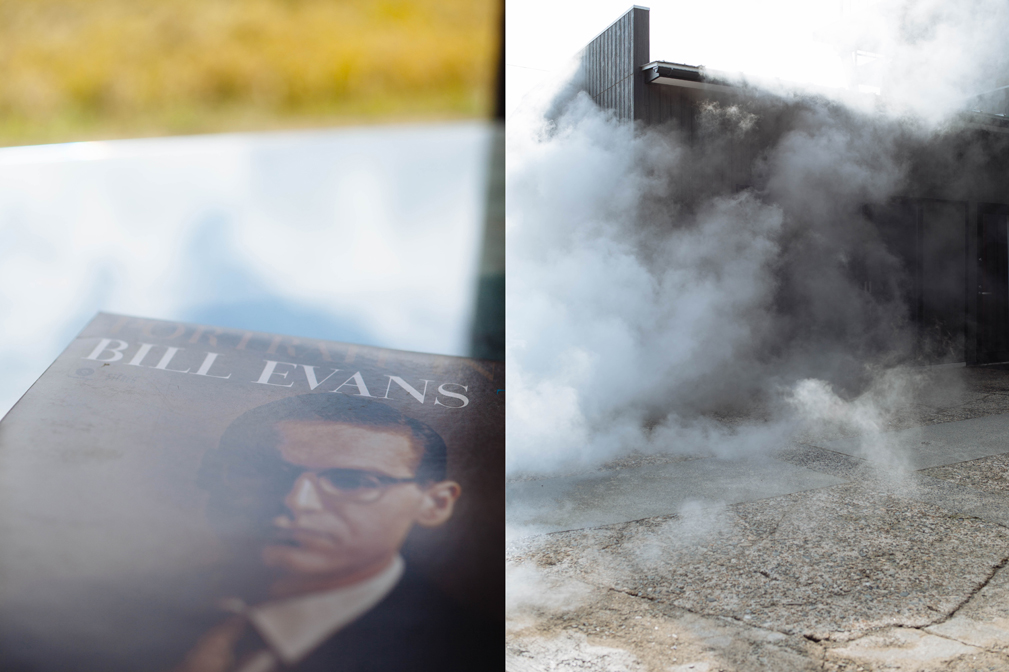Thread by Thread
Essays by Prairie Stuart-Wolff
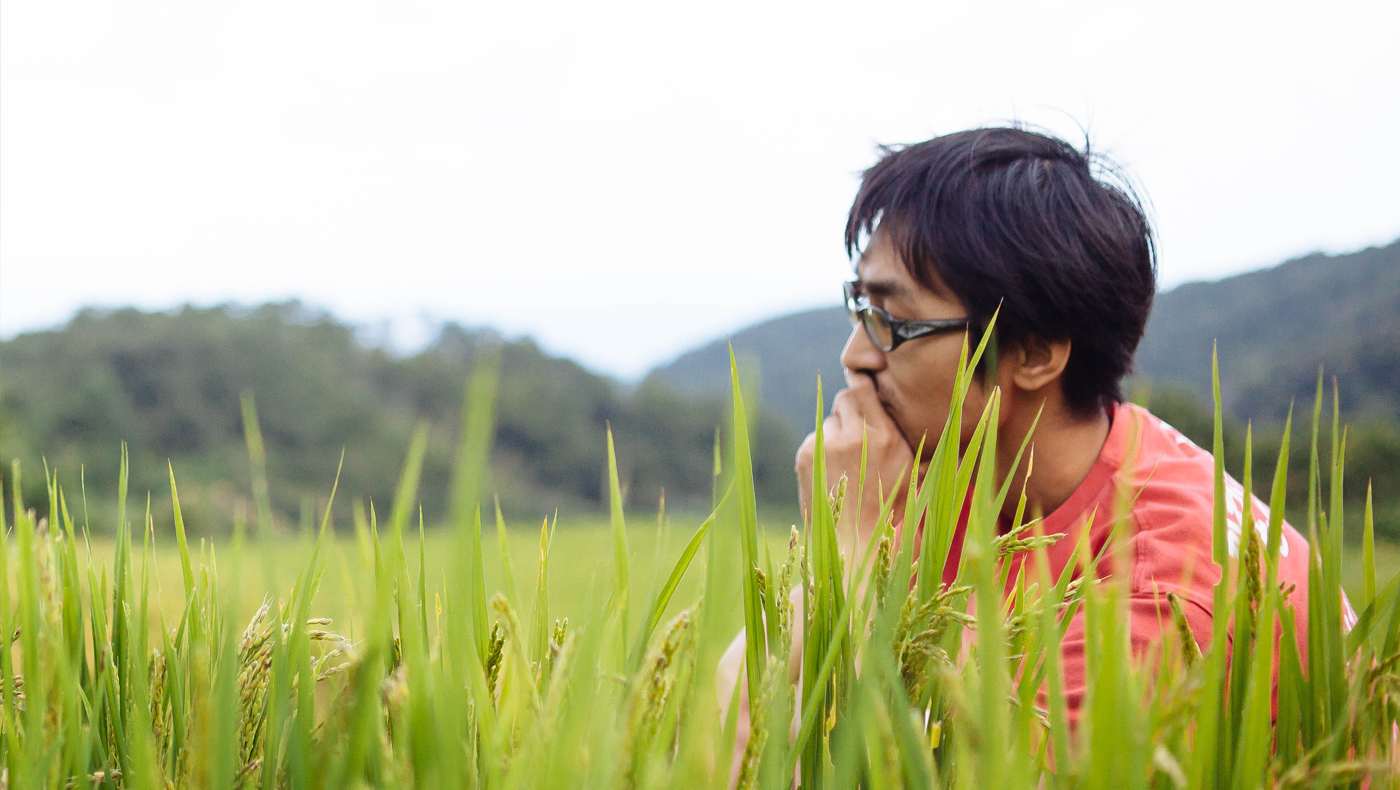
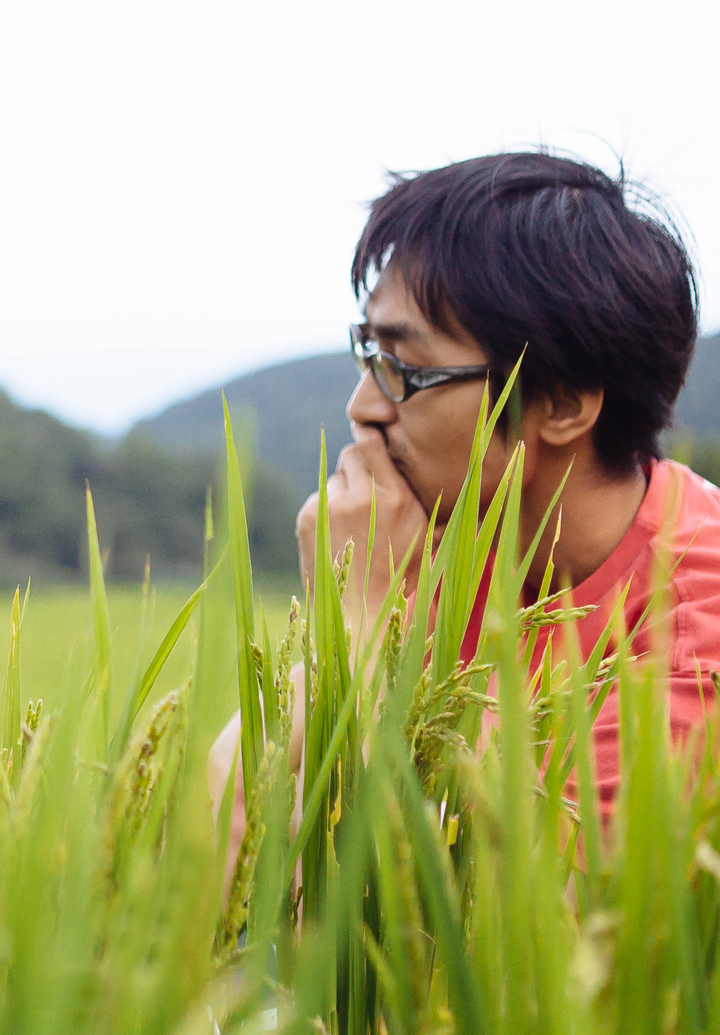
The Sake Sessions
Throughout the coldest months a toji, master brewer, works around the clock, waking at times when most of us are asleep to tend to his maturing sake in the kura. Walking to and from the brewery in the thick of night, Yoshiki Yukimachi looks up at the winter sky. He gazes at the crisp bright stars, clear and close. “When you look at them, your worries disappear,” he says. For him the night sky is an ever-present companion but for his many visitors from far away it can be a remarkable sight. When time allows, he’ll point his camera towards the heavens and record the constellations as a memento.
Gesturing towards a vast expanse of rice fields in front of the brewery, Yukimachi says it looks like a great lake during planting season in spring. He grew up here in Takeno, nestled on the west side of the Tango peninsula, and can’t imagine living anywhere else. Obligations occasionally take him into big cities but he quickly tires of them, finding peace and contentment in this valley between snow-dusted mountains that stretches north towards the Sea of Japan.
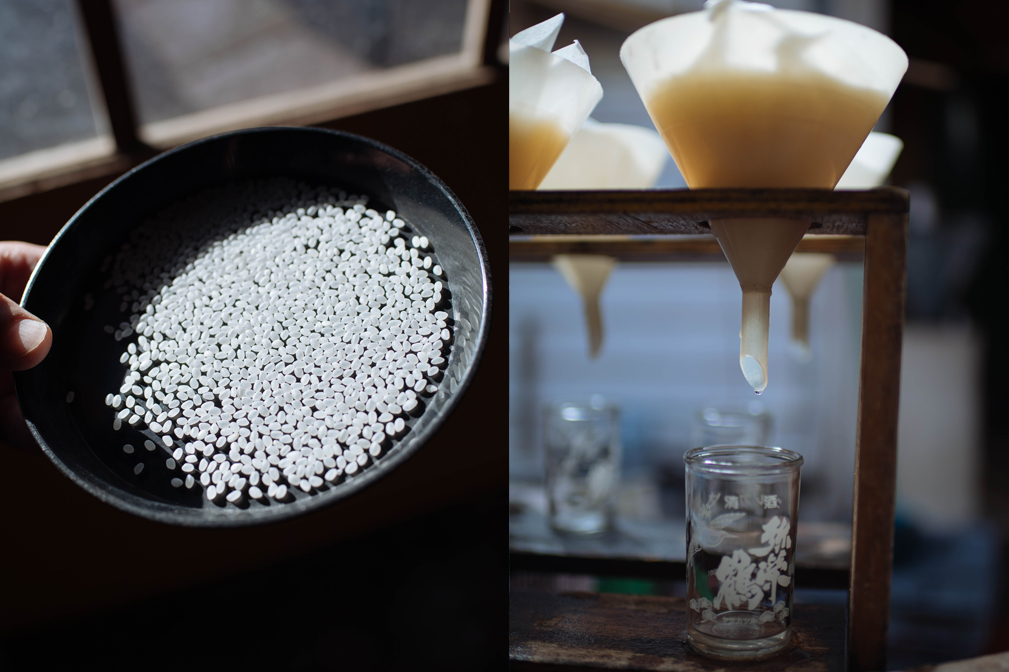
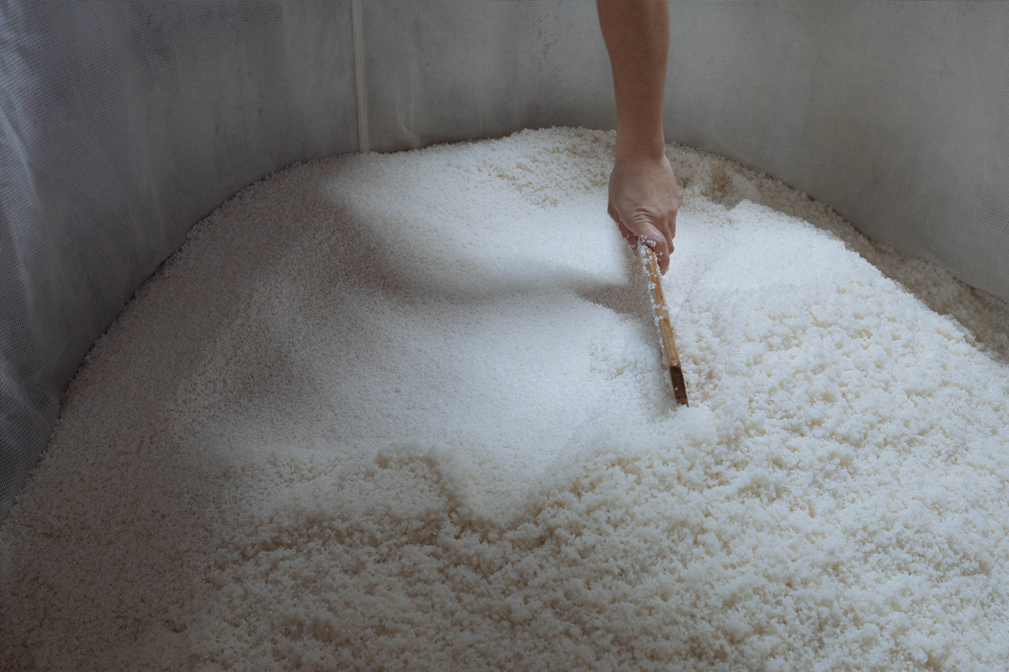
When Yukimachi inherited the mantle of head brewer in 2009 he was only 25. In order to secure a future for the small family brewery he needed to distinguish himself and his sake. “I wanted to make an original product,” he says, a sake unlike anything he had ever tasted before and he had already tasted more than most. The answer lay in partnering with local rice farmers to rehabilitate heirloom varieties of rice not commonly used for sake. “The farmers who grow our rice live all around here,” he says, many of them just as passionate and inquisitive about growing rice as he is about brewing sake. He visits them in summer, when the fields have grown in thick and green, to learn as much as he can about his main ingredient. When the polished grains arrive at the brewery in late fall Yukimachi draws on his knowledge of their origin. With insatiable curiosity, he brews these crops into a unique line of sakes that express Kyotango’s terroir, the spirit of its farmers, and above all his own pursuit of new flavor.
The brewing season is long and rigorous so when warmer months arrive and the kura is quiet, Yukimachi embraces the chance to relax in Bar 362+3, a gathering space annexed to the brewery, where he offers tastings in long-stem glasses. Gesturing around the room, to the record player, to the wall of cabinets behind the bar, to a collection of sake wares, he says, “We built this place ourselves and everything was either gifted or made by acquaintances. I’m really grateful. It’s a wonderful feeling to offer sake surrounded by these things that have personal meaning.”
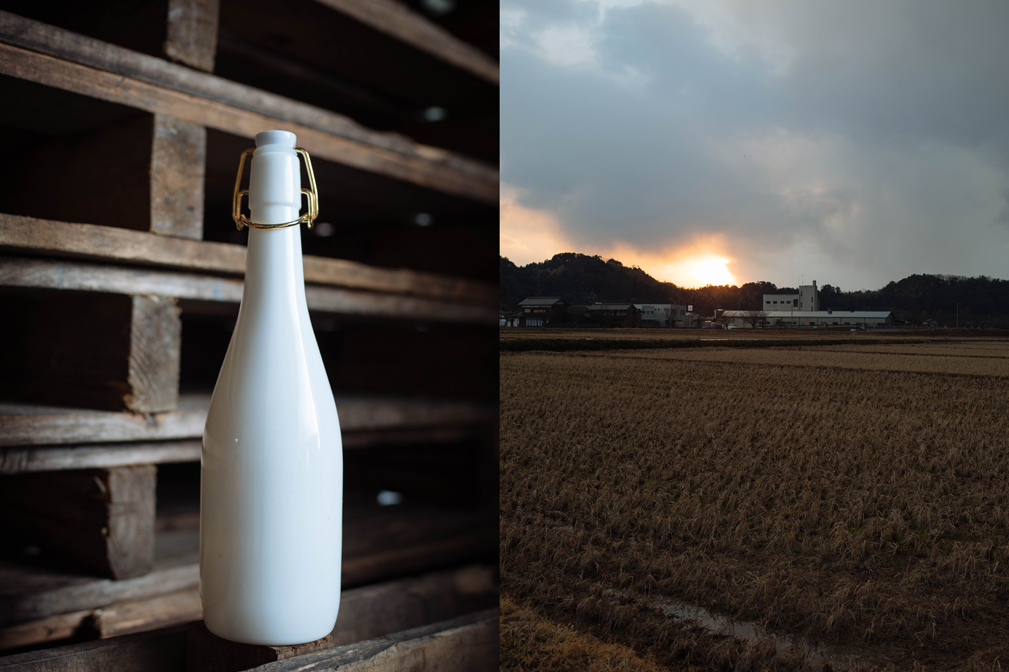
A friend recently bequeathed the stack of LPs resting on the bar. Yukimachi pulls a Bill Evans album from its sleeve and gently sets needle to spinning vinyl. Many hours are spent here in the company of friends and clients, records playing and a generous selection of sake at the ready. He grew up on jazz and loves it still, particularly the live recordings. “The musicians are so engaged,” he says. “There is this shared joyous spirit among them. It’s tremendous, it’s compelling, it draws the audience in.” His thoughts soon turn back to the drink he loves. “When making sake there are of course exhausting, trying stretches, but I have take pleasure the process. The sake will soak up my feelings, it communicates my state of mind.”
For Yukimachi, the kura is his instrument and sake the song. Each brewing season he works through a familiar score, hunting for a new progression, for fresh phrasing. “There are so many sakes that I haven’t tasted yet. I want to make them,” he says. “In the end, that’s the most interesting thing, to do that thing that only you could do.”
